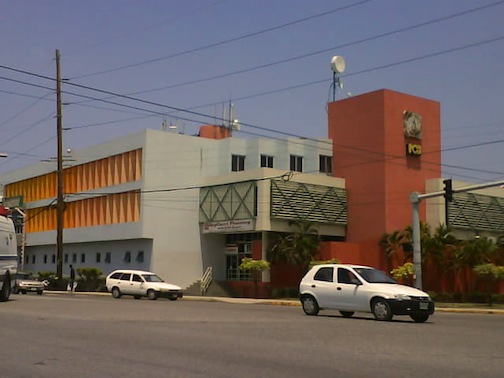Above: Montego Bay
By the Caribbean Journal staff
The outlook for Jamaica’s economy is one of low growth, along with weaker debt and fiscal positions, in the absence of strong fiscal and structural reforms, according to a report from the International Monetary Fund.
The IMF’s report followed its Article IV Consultation with Jamaica, which concluded May 30.
Jamaica recorded a “fragile recovery” in 2011, following three years of recession from 2008 to 2010 following the global financial crisis.
GDP in Jamaica grew by 1.2 percent in the fiscal year 2011/2012, as agriculture and alumina showed what the IMF called promise.
But the country’s fiscal position was weaker than projected, according to the IMF, reflecting lower tax revenues associated with “cuts in fuel taxes, weak tax administration and widespread use of tax incentives and waivers.”
The fund said real GDP was projected to grow by 0.9 percent in 2012/2013, down from a growth rate of 1.2 percent in 2011/2012.
The ratio of government debt to GDP remained high, at about 140 percent, the fund said, compared with an objective of 134 percent under the programme.
Without strong reforms, the IMF said real GDP growth would hover around 1 percent a year, the public sector deficit would increase to around 9 percent and debt would exceed 150 percent of GDP over the medium term.
Ongoing improvements to Jamaica’s regulatory and supervisory frameworks, along with its crisis management framework, could contain those risks, however.
“The risks to the outlook are tilted to the downside, given the uncertainties about the pace of the global recovery and world commodity prices, as well as natural disasters,” the fund said. “Further, rollover and interest rate risks on the public debt could be exacerbated by waning investor confidence and a continued drain on net international reserves could lead to intensified portfolio hedging.”
The IMF’s directors said they regretted that the successful debt exchange under the 2010 Stand-By Arrangement “had not been accompanied by fiscal consolidation” to put Jamaica’s public debt on a sustainable downward path, though they welcomed the government’s efforts to increase its primary surplus.
Directors urged Jamaica to implement a “robust reform agenda” aimed at enhancing its business climate, developing the private sector, reforming the energy sector and improving the country’s resilience to natural disasters.
